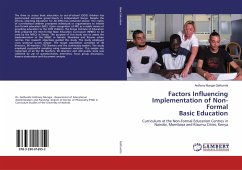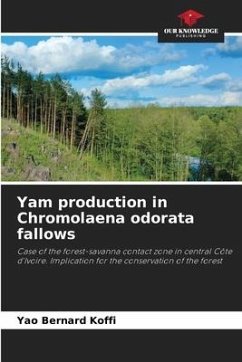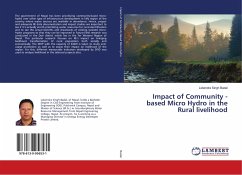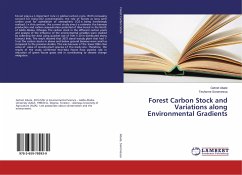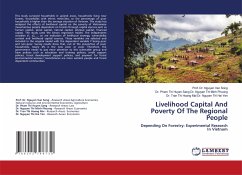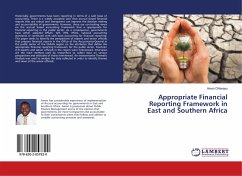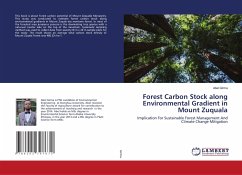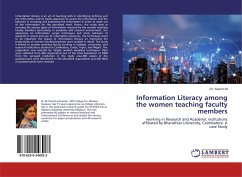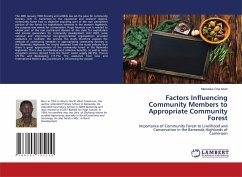
Factors Influencing Community Members to Appropriate Community Forest
Importance of Community Forest to Livelihood and Conservation in the Bamenda Highlands of Cameroon
Versandkostenfrei!
Versandfertig in 1-2 Wochen
26,99 €
inkl. MwSt.

PAYBACK Punkte
13 °P sammeln!
The 20th January 1994 forestry and wildlife law set the pace for community forestry (CF) in Cameroon. In the equatorial and lowland regions, community forest had as objective acquiring part of the non permanent portion of the forest for exploitation whereas in the western highlands, the purpose was mainly for conservation. Huge financial cost is needed to obtain part of the non permanent domain of the state for exploitation and income generation for community development. Until 2003, some national and international non-governmental organisations provided assistance to facilitate the process. T...
The 20th January 1994 forestry and wildlife law set the pace for community forestry (CF) in Cameroon. In the equatorial and lowland regions, community forest had as objective acquiring part of the non permanent portion of the forest for exploitation whereas in the western highlands, the purpose was mainly for conservation. Huge financial cost is needed to obtain part of the non permanent domain of the state for exploitation and income generation for community development. Until 2003, some national and international non-governmental organisations provided assistance to facilitate the process. This study therefore assesses the attitude of community members in appropriating community forestry in the Bamenda Highlands.The results obtained from the study indicate that there is great appropriation of the community forest in the Bamenda Highlands. This is due to individual and collective benefits, as well as many ecosystem services derived from the forest; water supply (80.5%), Prunus (70.7%) and Beekeeping (17.1%). The assistance from local and International NGOs is also paramount in influencing the people.




